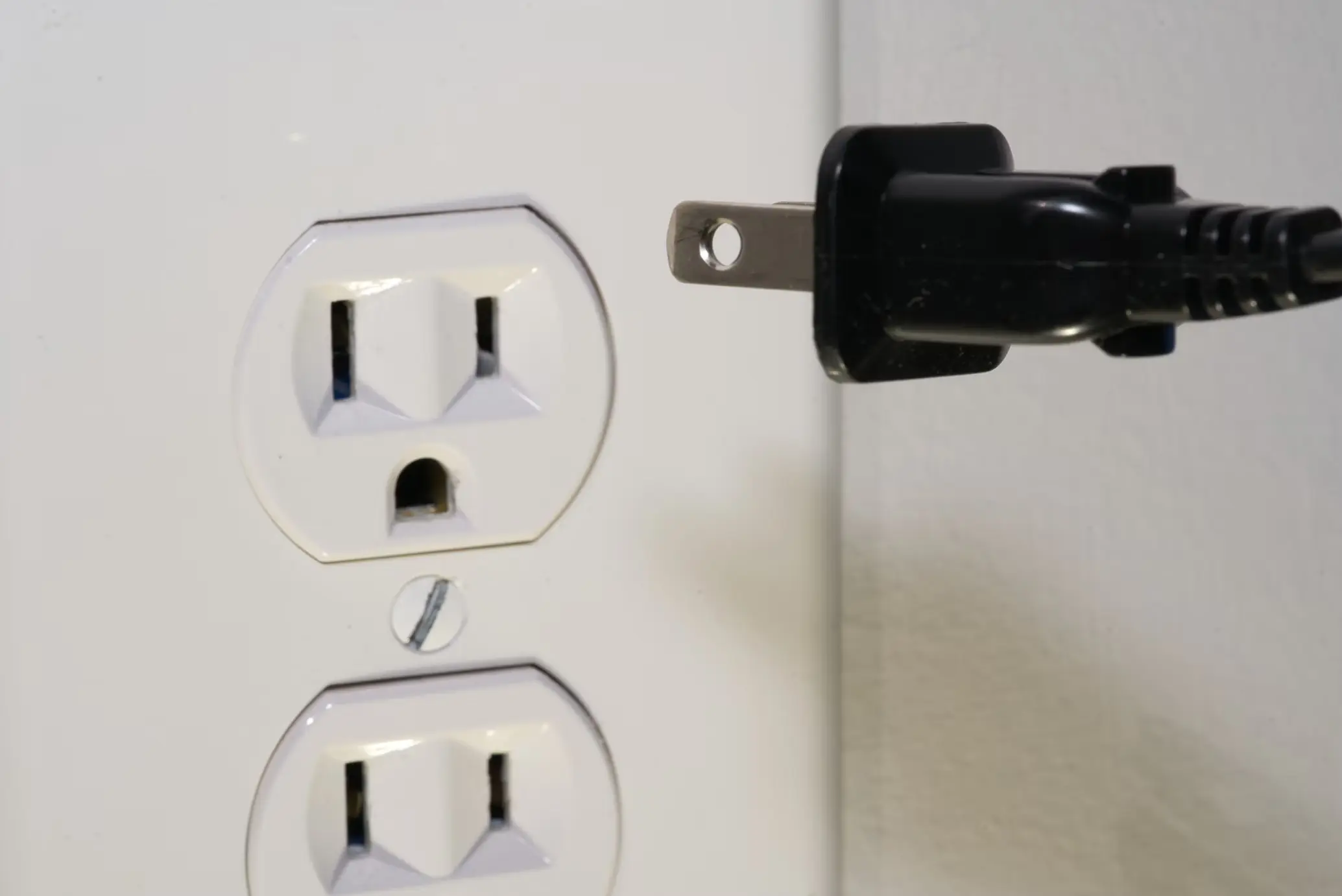Planning an extended vacation or a long-term move can bring up many questions about home maintenance, especially when it comes to your refrigerator. Should you unplug it if you’ll be away for four months? This decision involves considering energy efficiency, appliance maintenance, and even insurance coverage. In this comprehensive guide, we’ll explore the pros and cons of unplugging your refrigerator, offer practical advice, and share personal anecdotes to help you make an informed choice.
Why Consider Unplugging Your Refrigerator?
When you leave your home for an extended period, such as four months, there are several reasons you might consider unplugging your refrigerator:
- Energy Savings: Unplugging your refrigerator can save energy and reduce utility bills, especially if the appliance is old or inefficient.
- Avoiding Potential Issues: Unplugging might prevent problems like moisture buildup, mold growth, or unpleasant odors that can occur when a refrigerator is left running empty.
- Preventing Power Surges: If you’re worried about power surges or outages, unplugging the refrigerator could prevent potential damage.

Expert Opinions on Unplugging Your Refrigerator
Here’s what the experts say about unplugging your refrigerator for extended periods:
- Energy Star: “While it’s generally recommended to unplug appliances when not in use for extended periods, modern refrigerators with energy-efficient features may not require unplugging for four months” (Energy Star, https://www.energystar.gov/).
- Home Improvement Expert: “Consider factors like the age of your refrigerator, the climate, and your comfort level when deciding whether to unplug it” (Home Improvement Expert).
- Appliance Repair Technician: “Unplugging a refrigerator for an extended period can lead to moisture buildup and potential mold growth, which may affect its performance when you return” (Appliance Repair Technician).
- Energy Efficiency Consultant: “If your refrigerator is relatively new and energy-efficient, the cost of running it for four months is likely minimal compared to the potential risks of unplugging it” (Energy Efficiency Consultant).
- Home Insurance Agent: “Check your home insurance policy to see if it covers damage caused by power outages or appliance failures during extended absences” (Home Insurance Agent).
Personal Considerations
Before making a decision, consider the following factors:
- Age of Your Refrigerator: Older models may be less energy-efficient and more prone to problems when left unplugged. If your refrigerator is relatively new and energy-efficient, the benefits of unplugging might be minimal.
- Climate: In humid or damp climates, unplugging your refrigerator could lead to moisture buildup and mold growth. Conversely, in dry climates, the risks may be lower.
- Comfort Level: If you’re concerned about potential issues with your appliance or want peace of mind, unplugging might be the right choice for you.
Practical Steps for Unplugging Your Refrigerator
If you decide to unplug your refrigerator, follow these steps to ensure everything goes smoothly:
- Empty the Refrigerator: Remove all food items, and clean the interior thoroughly. Wipe down shelves and drawers with a mixture of water and baking soda to eliminate odors and prevent mold growth.
- Defrost the Freezer: If your refrigerator has a freezer compartment, defrost it before unplugging it. Remove any ice buildup to prevent water damage when the ice melts.
- Leave the Doors Open: Prop the refrigerator and freezer doors open to prevent mold and unpleasant odors. You can use towels or door stoppers to keep them ajar.
- Unplug and Clean: After cleaning and defrosting, unplug the refrigerator. Make sure the cord is safely tucked away to prevent accidents.
- Check Insurance Coverage: Contact your home insurance provider to verify if your policy covers any damage caused by the refrigerator while you’re away.
A Cautionary Tale
When my cousin went on a six-month work assignment abroad, he decided to unplug his refrigerator to save on energy costs. However, he didn’t anticipate the moisture buildup and mold growth that occurred during his absence. When he returned, he found the interior of the refrigerator covered in mold and had to spend additional time and effort cleaning it before he could use it again. This experience highlights the importance of considering potential downsides when making your decision.
Alternative Solutions
If you’re not comfortable with unplugging your refrigerator, consider these alternatives:
- Adjust the Temperature: Set your refrigerator to a higher temperature to reduce energy consumption while still keeping it operational. This can help minimize energy use without the risks associated with unplugging.
- Use a Refrigerator Monitor: Invest in a refrigerator monitor or smart plug that alerts you if there’s an issue with the appliance. This way, you can keep an eye on your refrigerator’s status even while you’re away.
- Hire a House Sitter: If possible, ask a friend or family member to check on your home periodically. They can ensure your refrigerator remains in good condition and address any issues that arise.
Resources and Further Reading
For more information on refrigerator maintenance and energy efficiency, consider these resources:
- Energy Star: Provides guidelines and tips on energy-efficient appliances (Energy Star, https://www.energystar.gov/).
- Home Improvement Websites: Websites like This Old House, Bob Vila, and The Spruce offer advice on home maintenance and appliance care.
- Appliance Manufacturer Websites: Check your refrigerator’s manufacturer’s website for specific maintenance recommendations and tips.
- Home Insurance Companies: Contact your insurance provider to discuss coverage options and ensure you’re protected during extended absences.
Conclusion
Deciding whether to unplug your refrigerator when you’re away for four months involves weighing several factors, including energy savings, appliance maintenance, and insurance coverage. While unplugging might offer energy savings and prevent potential issues, modern refrigerators with energy-efficient features are designed to run cost-effectively even when you’re away.
Consider your refrigerator’s age, the climate, and your comfort level when making your decision. By following practical steps and exploring alternative solutions, you can ensure that your refrigerator remains in good condition and your home stays protected while you’re away.










